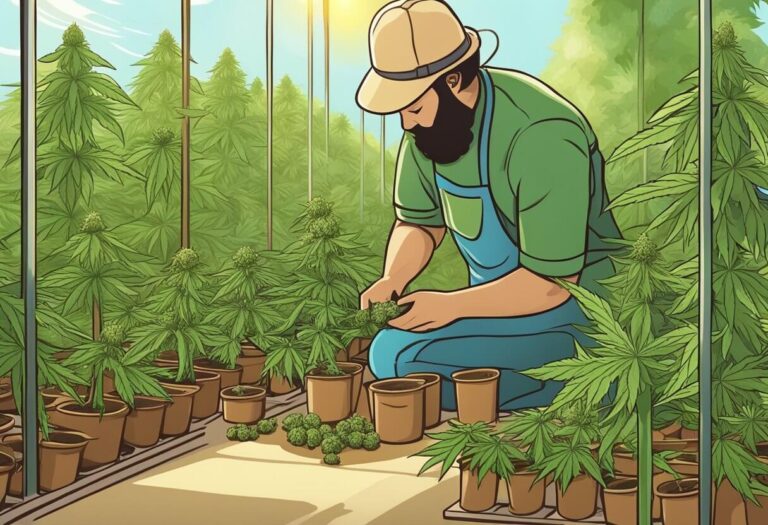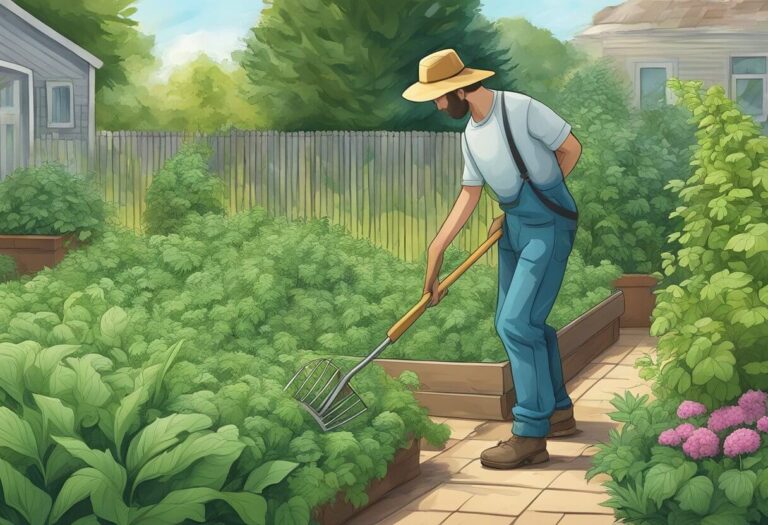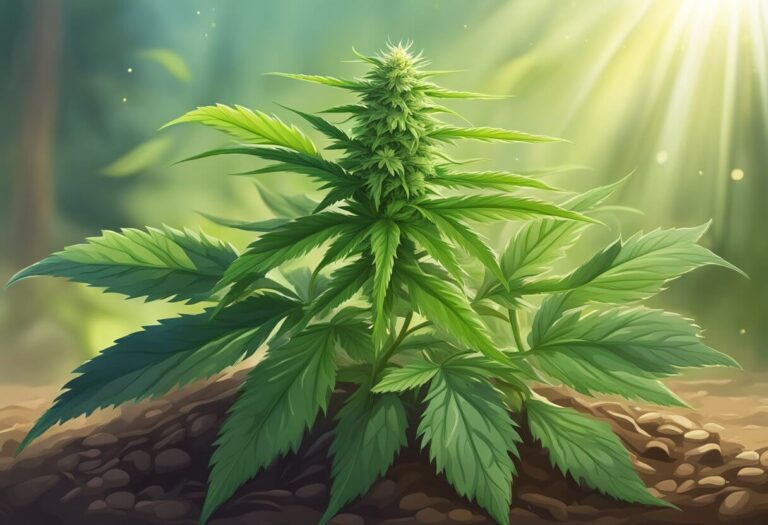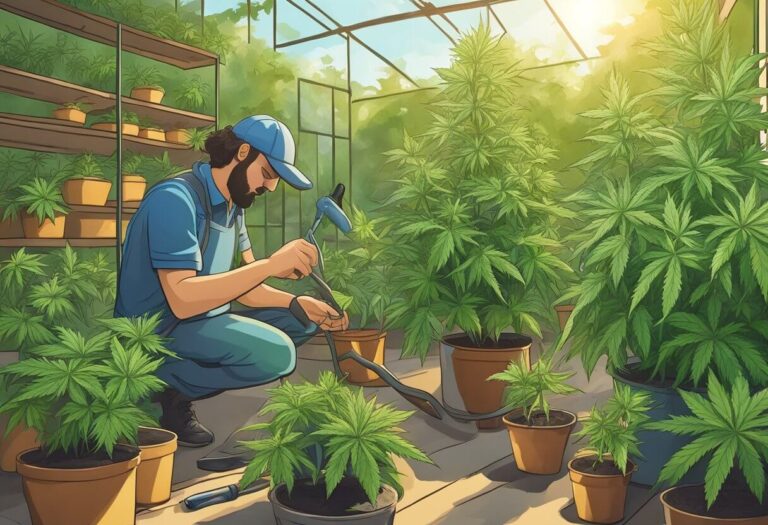Is Weed Really Legal in Houston and Harris County?
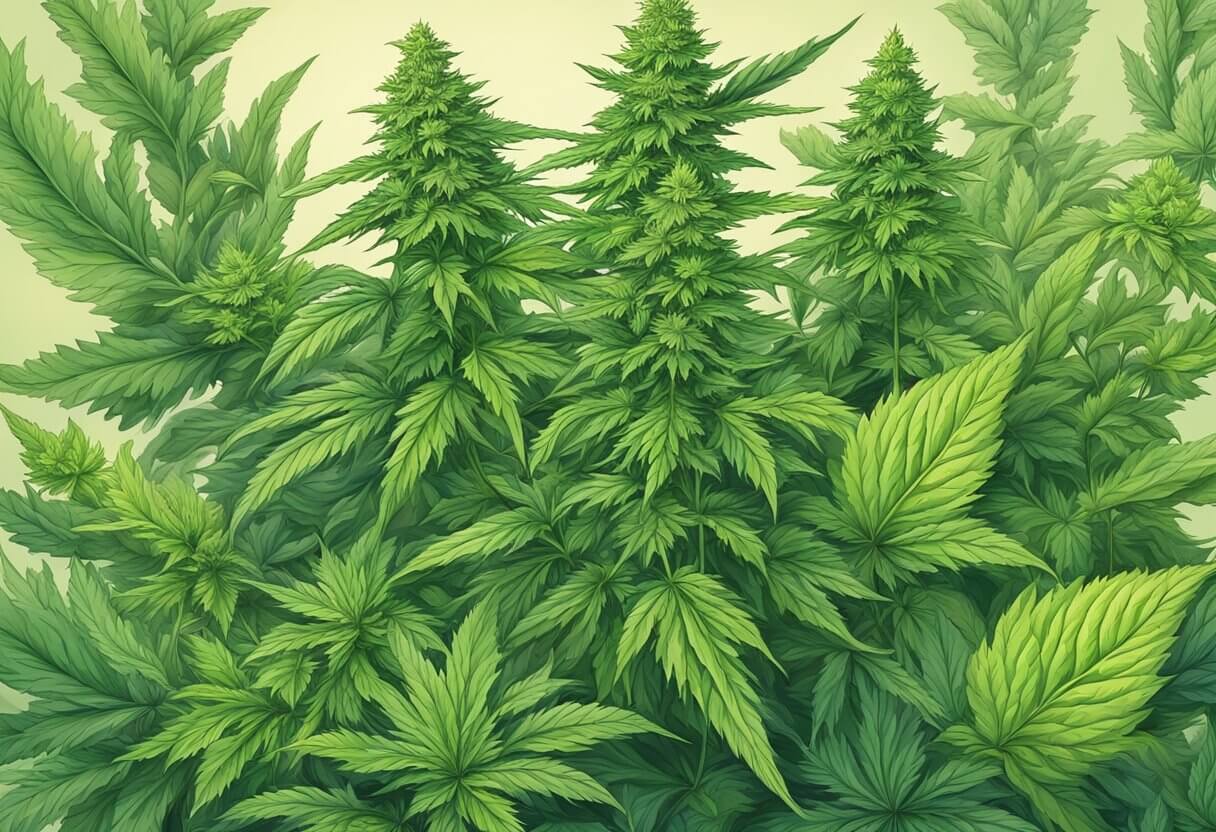
Cannabis has become a hot topic across the United States in recent years. As more states legalize marijuana for medical or recreational use, Texas remains a holdout with strict cannabis prohibition. Possession of any amount of marijuana is illegal under state law and carries stiff criminal penalties.
So is weed legal in the city of Houston and Harris County? At this time, no. Recreational use remains strictly forbidden. Possession of any amount can lead to fines, jail time, and a permanent blemish on your criminal record.
However, the reality on the ground is more nuanced. Despite recreational cannabis still being banned statewide, Harris County has decriminalized low-level marijuana offenses to some degree through diversion programs and non-enforcement policies. And support for further reform is growing fast in this longtime conservative stronghold.
In this article we’ll break down exactly where Houston and Harris County stand when it comes to cannabis laws. We’ll cover topics like:
- The current legal status of marijuana possession and use in Texas
- Penalties for various cannabis offenses under state law
- Harris County’s misdemeanor diversion program for minor possession
- The state of the medical marijuana program
- Support for recreational legalization among Texas voters
- Common questions on buying weed, CBD products, delta-8 THC, and more in Houston and across Texas
We’ll also look at what pro-cannabis advocates see as signs of progress yet acknowledge there is still significant work to be done reforming harsh marijuana laws in the Lone Star State.
What’s the Legal Status of Marijuana in Texas?
Let’s start with the baseline statewide laws. Under the Texas Controlled Substances Act, marijuana is classified as a Schedule I drug alongside substances like heroin and LSD. This means the state of Texas defines cannabis as having:
- A high potential for abuse
- No accepted medical use
- Lack of accepted safety even under medical supervision
Given this prohibitionist stance, recreational marijuana remains strictly illegal across the state of Texas. There are no lawful dispensaries where anyone over 21 can purchase cannabis products as you might find in places like Colorado or California.
In the eyes of Texas state law, marijuana should not be possessed or consumed at all outside of very limited medical scenarios covered by 2015 legislation known as the Texas Compassionate Use Act.
Under the Texas Health and Safety Code, possession of marijuana in any amount is defined as a criminal offense. The specific penalty depends on the amount of cannabis involved:
- Possession of under 2 oz: Class B misdemeanor, punishable by up to 180 days in jail and/or a fine of up to $2,000
- Possession of 2 oz to 4 oz: Class A misdemeanor, punishable by 1 year in jail and/or a fine of up to $4,000
- Possession of 4 oz to 5 lbs: State jail felony, punishable by 180 days to 2 years in jail and/or fine up to $10,000
- Possession of over 2,000 lbs: Felony, punishable by 10 years to life in prison and/or fine up to $100,000
Marijuana possession charges also bring severe collateral consequences such as loss of student financial aid, eviction from public housing, suspension of a driver’s license, and potential deportation for non-citizens.
Under Texas law, any delivery of marijuana is also always illegal except as specifically carved out for medical use. Even small-scale “gifting” of cannabis could be prosecuted under the broad statutory definition of delivery.
So according to state law, both recreational consumers and unlicensed medical patients are subject to harsh criminal penalties for possessing even small amounts of cannabis in Texas.
But increasingly we see local jurisdictions moving in a more lenient direction than state statutes dictate…
Harris County’s Misdemeanor Diversion Program Decriminalizes Low-Level Marijuana Possession

While Texas state law takes a hardline stance on cannabis prohibition, enforcement realities on the ground can differ significantly from statutes on the books.
This dichotomy is evident in Harris County and the city of Houston where officials have instituted de facto decriminalization or non-enforcement policies around minor marijuana possession.
In February 2017, Harris County District Attorney Kim Ogg announced a new Misdemeanor Marijuana Diversion Program that avoids criminal penalties for possession of small amounts of cannabis. The key details are:
- People caught by police with less than 4 ounces of marijuana are eligible
- Instead of facing arrest and charges, individuals are issued notification to take a 4-hour drug education class
- Upon completion they pay $150 fee (waived in cases of financial hardship)
- No court appearance or permanent criminal record
DA Ogg positioned the policy change specifically around declining to prosecute cases that “neither enhance public safety nor justify the extensive use of law enforcement and court resources.”
So while recreational consumption remains prohibited by Texas law with set possession thresholds and minimum sentences, Harris County officials have elected not to fully enforce those harsh statutes for minor offenses under 4 ounces.
In practice this means you can be caught by Houston Police Department with a personal amount of marijuana under approximately 113 grams and not be arrested or criminally charged. The trade off is attending an education course and paying a fine.
Critics counter that district attorneys do not actually make law and state legislators oppose such moves to independently set local policies that contravene democratically enacted state statutes. But for now the Misdemeanor Marijuana Diversion Program remains Harris County’s main mechanism for decriminalizing low-level cannabis possession rather than enforcing full prohibitions.
Texas Has a Very Limited Medical Marijuana Program Covering Specific Conditions
So if recreational marijuana use remains prohibited across Texas, what access does exist on the medical side?
As mentioned earlier, the Texas Compassionate Use Act was first signed into law in 2015 by Governor Greg Abbott. It legalized a very narrow medical marijuana program allowing low-THC cannabis oil access for those suffering intractable epilepsy.
The covered conditions and THC limits have been incrementally expanded through subsequent legislation, but Texas’ program remains far more restrictive than most states.
The key aspects according to current statutes are:
- Only low-THC cannabis oil is permitted, not herbal marijuana that can be smoked/vaporized
- THC content capped at 1% by weight
- Covers specific diagnoses like intractable epilepsy, multiple sclerosis, ALS, cancer, and about a half dozen others
- Requires doctor’s prescription documenting qualifying conditions
So some very limited medical access exists but is still inaccessible even to many suffering chronic illnesses that benefit from therapeutic use of cannabis.
There are also strict regulations around the licensing and operations of medical marijuana dispensaries in Texas. The state maintains a portal with a searchable map of access points for locating authorized medical cannabis pharmacies.
But again, these are not recreational dispensaries open to general public patronage. Only registered medical marijuana patients carrying state-issued prescription cards can legally enter Texas dispensaries and purchase appropriate medicinal products like low-THC cannabis oils.
Public Support Growing for Recreational Legalization and Penalty Reductions
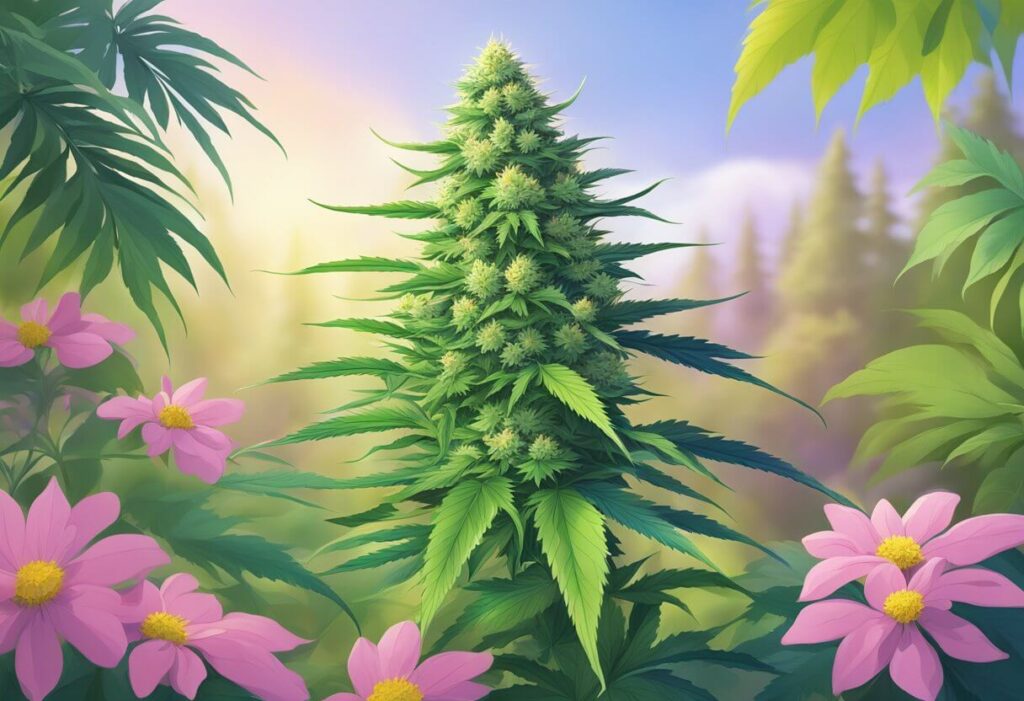
While Texas state law takes a stern law-and-order approach to prohibiting cannabis, public attitudes have been steadily shifting. Recent polling suggests a majority of Texas voters actually favor legalizing recreational marijuana access and reducing criminal penalties for marijuana possession overall.
February 2023 survey results from the University of Houston Hobby School of Public Affairs found:
- 82% support proposals to expand access to medical marijuana
- 67% support legalizing recreational use for adults 21 and over
- 81% back reducing possession of small amounts to a civil fine ticket
This sweeping support across partisan affiliation shows growing momentum favoring cannabis reform in Texas.
There are also positive signs in more municipalities pursuing “ban the box” policies around criminal history questions on job applications as well as local district attorneys deprioritizing prosecution of low-level marijuana charges.
So while full recreational access remains prohibited under state statutes for now, Texas public opinion seems to be shifting toward a more tolerant legal framework similar to other states.
Frequently Asked Questions on Marijuana Laws in Houston and Texas
Given the complex patchwork of laws around cannabis usage in Texas, let’s recap some quick answers to common questions people have about buying weed, CBD products, medical marijuana access, and more specifically for Houston and Harris County residents:
Is weed legal medically in Texas?
Yes but only products with low THC for certain medical conditions
What conditions qualify for medical marijuana in Texas?
Intractable epilepsy, PTSD, cancer, multiple sclerosis, Parkinson’s, ALS
Are marijuana edibles legal in Texas?
No, edibles remain strictly illegal
Is CBD legal in Texas?
Yes as long as under 0.3% THC concentration
Where can you buy CBD oil in Houston?
Legal hemp-derived CBD products available in stores across Houston
Does anxiety qualify for medical marijuana in Texas?
Not at this time
Is delta-8 THC legal in Texas?
Contested. Buy and use with caution.
Can Texans buy recreational marijuana in other legal states?
Bringing cannabis across state lines remains federally illegal
Has Texas legalized marijuana possession under one ounce?
No but Harris County policy treats under 4 oz as civil violation
Do any recreational marijuana dispensaries operate in Houston or Texas?
None currently. Only low-THC medical products allowed
So in summary, while full cannabis prohibition technically remains on the books in Texas, we see places like Harris County diverge in terms of on-the-ground enforcement. But those caught outside the bounds of these local carve-outs still face criminal penalties.
Conclusion: Legal Landscape Shifting but Work Remains Reforming Harsh Marijuana Laws
Cannabis laws remain complex and contradictory across Texas. Accessing marijuana is strictly prohibited under statewide statutes while also being partially decriminalized in practice in some jurisdictions.
So is weed legal in Houston? At this precise moment in early 2023, the answer is technically no for recreational consumption yet movement toward reform continues piecemeal.
“We have come a long way yet still have significant work to be done modernizing cannabis laws in Texas” says Jax James, Executive Director of Texas NORML.
Pro-legalization advocates emphasize the need for statewide legislative solutions rather than the current patchwork reliance on local districts attorneys independently deciding not to enforce laws enacted by state representatives.
Public opinion seems to support further reform as well with polls consistently showing Texans favor expanding medical access and lifting prohibitions on recreational usage for adults. But opposition remains among certain conservative activists and some prominent state elected officials.
All this makes the future legal status of cannabis access across Texas somewhat uncertain. Marijuana possession remains broadly prohibited with harsh potential penalties. Yet we also see more local discretion introduced through diversion programs and deprioritized enforcement of low-level offenses in places like Harris County.
So for residents of Houston and other Texas metro areas, what are the key takeaways for now?
- Do not attempt to buy weed legally without an authorized Texas medical marijuana prescription
- Consuming cannabis remains risky but minor possession unlikely to prompt charges
- Support politicians backing legislative reforms if desiring expanded legal access
- Proceed cautiously and understand current limits if gifting or using cannabis
Whether broader reform comes statewide or jurisdiction-by-jurisdiction, Texas appears slowly headed toward dismantling a long-standing posture of cannabis prohibition in at least some functional senses if not changes on paper to strict statutory bans.
But laws can often lag public sentiment or practical realities of selective enforcement on marijuana usage. This leaves many Texans justifiably confused whether cannabis is truly legal or not depending on their location and situation.
Hopefully this overview has broken down the nuances in Houston and Harris County so you can better understand the landscape! We will continue monitoring how marijuana laws develop in one of America’s largest and fastest evolving metropolitan areas.


